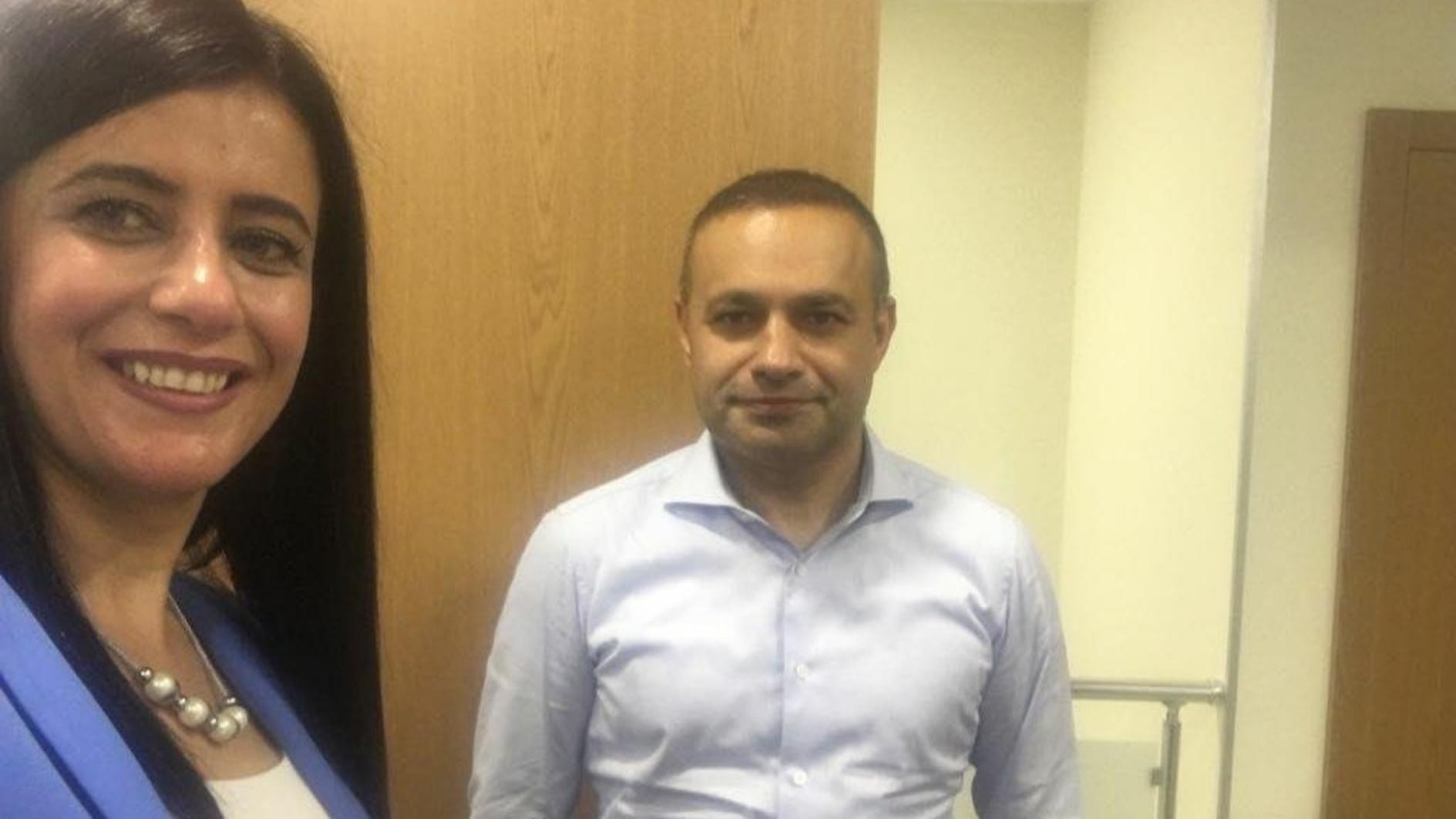Atheists raising their voice in Turkey amid polarized reactions
Gökçe Aytulu - İpek İzci - ISTANBUL
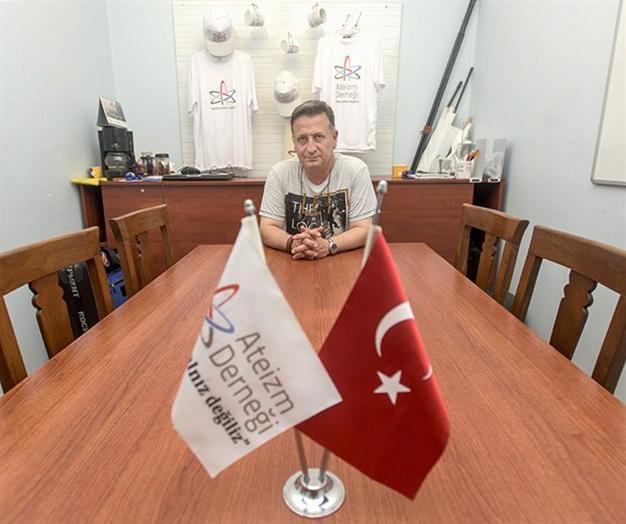 At a non-descript office block in the Kadıköy neighborhood of Istanbul’s Asian side, the “Atheism Association” has its HQ, nestled among stores selling electronic devices, musical equipment, and old CDs.
At a non-descript office block in the Kadıköy neighborhood of Istanbul’s Asian side, the “Atheism Association” has its HQ, nestled among stores selling electronic devices, musical equipment, and old CDs. The office consists of just a single table and a few chairs. There, Şener Atik from the association spoke to Hürriyet about their struggle.
Has there been an increase in interest toward atheism in Turkey of late?
Something we have observed lately is that many of our Muslim friends have either converted to atheism, deism or agnosticism.
How should one define atheism? Would you say it is against religion or God?
In truth, atheism does not have much to do with religions. It just rejects God. If one believes in the hypothetical existence of God, then everything else relies on this assumption. Atheism denies such an assumption and simply states “God doesn’t exist” or “We don’t know yet.”
What is your aim?
The biggest factor in the foundation of this association was the fact that atheism is not well-known in Turkey. We want to drive people into inquiring, creating questions in their minds. With the existing education system in Turkey, people completely lose their ability to question. This is precisely why those who take advantage of religion do not like us - because we impact their interests. According to Islamists, we are “apostates” and the punishment for that in the sharia law is death. Because of this, there is an inherent hostility towards us.
What kinds of responses do you receive when you say you are an atheist?
The person you are facing has a strange impression. Things we say are considered “insults,” though in a secular state everyone should be free to believe whatever they want. Despite this, a journalist in a mainstream newspaper can explicitly write: “It’s the duty of every Muslim to be cruel to atheists.” But we do not have a problem with anyone’s faith, nor are we adversaries of religions. We are only trying to inform.
In your opinion, is atheism interested in the liberty of living one’s own scepticism, or trying to convince people of the false perception that religions create of “God”?
As a matter of fact, there is a reality of “tebcil” [imposing] in every religion. Force is applied in every religion when they say “You will believe this or that.” This forces atheists into a struggle. I don’t mind things so long as they do not interfere with my way of living, but when these restrictions are imposed it becomes necessary to put forward certain things. If that wasn’t the case, we would have to be mad to open such an association with our necks on the line.
How do you think believers and non-believers should co-exist in common areas?
This is where freedoms come in. The right to live is a freedom. Just as it is my freedom to listen to music at a high volume, it is also my neighbour’s freedom to be disturbed by it and tell me to turn it down. One person’s freedom ends where another’s starts. We have to look at it this way.
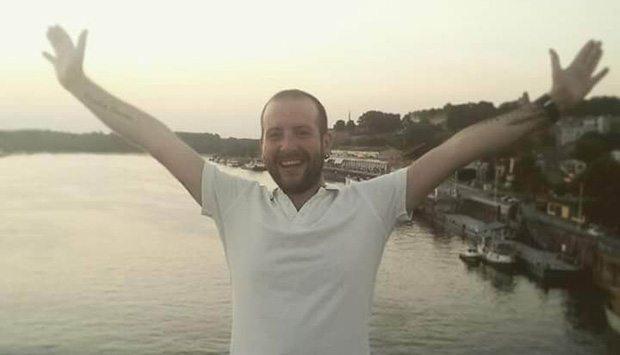
MELTING POT OF CHANGING BELIEFS
Hürriyet also spoke to a number of people with different religious views, representing no organization other than themselves.
“At 16, I identified myself as an atheist. When I read the Quran, I noticed things that conflicted with logic. My relatives were devastated. The idea of me “burning in hell” was very upsetting for them. They kept on telling me that they were praying for me,” said Sinan Baç, a 25-year-old IT and automation expert.
Özcan Pali, 37, described himself as a “deist.” “I grew up as a child of an Alevi family but I never felt like an Alevi. I met Jehovah’s Witnesses when I was 18 and I became a Christian. But I lost faith as I further studied the holy book. I no longer act based on faith, but rather based on reasoning, logic and common sense.”
Yasemin A., a 40-year-old company manager, describes herself as a “pantheist. “I studied the verses in the Quran for years. I even founded an association with a group of friends to protest in favor of the rebuttal of all hadith and in favour of shaping religion based on the Quran alone. I later saw that the Quran was in fact a pantheistic philosophy book, and I abandoned theism,” she said.
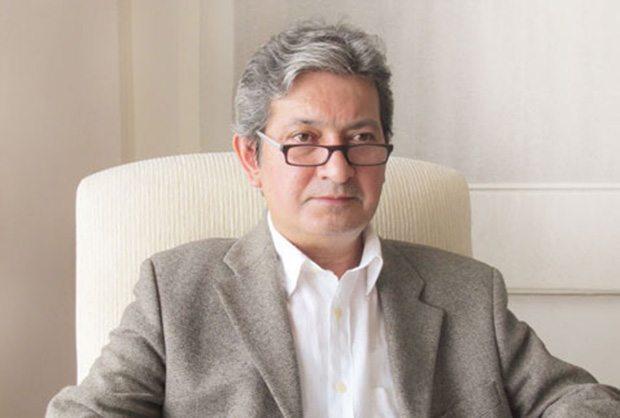
’NATURALLY A MUSLIM ATHEIST’
In the recent “Atheism” special edition of Birikim magazine, the author Şükrü Argın described being a non-believer in a Muslim society with a series of interesting examples.
“The definition of atheism, as you know, means ‘not-acknowledging-God,’” Argın told Hürriyet.
“But it naturally embodies the rejection of religions as well. Personally, I believe that a consistent atheist stance should label itself as ‘non-believing in religion’ rather than ‘non-believing in God,’ because atheism is the rejection of religions and their conceptions of God. What sets atheism apart from deism is that it has neither the preoccupation nor the intension to come up with a more reasonable approach or notion of God.
What does the term “moral” mean to an atheist?
We live in a cultural environment in which a mutual, even forced, connection is made between religion and morality. In other words, the general conviction is that being impious means also having no morals. As a result, it is assumed upfront in our society that morals mean nothing to an atheist, but actually we are all well aware that faith and morality are in no way directly linked. We have all witnessed the existence of pious and atheist people with a strong understanding of morality, as well as people who are pious and atheists with no morals.
I believe this is a fact that no one can argue against. It is necessary to be a moral person in order to be pious, but it is not necessary to be pious to be a moral person. I may even say that the grounds on which a truly pious man’s belief in God and a true atheist’s disbelief in God flourish are the based on the same concern for morality: The former believes that there can be no good without God, while the latter believes that if evil exists there can be no God.
How deeply is atheism related to cultural codes? Could there be talk of a Muslim atheist or a Christian atheist?
If the essence is, as I perceive it, the rejection of the notion of God, then it is naturally directly associated with cultural codes. There is a very familiar semblance of God, with whom we are not acquainted, in our minds.
I sometimes witness pious Muslims claiming that they “do not believe in God, but believe in Allah,” which shows the importance of cultural codes. Naturally, the same thing applies to atheism as well. An atheist living in an Islamic culture-based environment would naturally be a Muslim atheist. This has two connotations: First, the notion of God that he stands against is one that has originated and has been activated from within an Islamic society. Second, the emergence of his identity came forward within this environment, whether he likes it or not. When asked about his religious beliefs, a friend of mine ironically replies, “Alhamdulillah [thank God], I am an atheist!”
How can pious and atheist people live together in peace?
I believe that these political matters can only be dealt with on “non-religious” grounds; in a secular space “between” believers and non-believers. In other words, as is the case with many other matters, “living together” can only be realized “in the middle-ground.” The “middle-ground” that is required is not one that keeps sides apart from each another, but one that brings them closer together and gives them a chance to encounter - an open and fresh space.
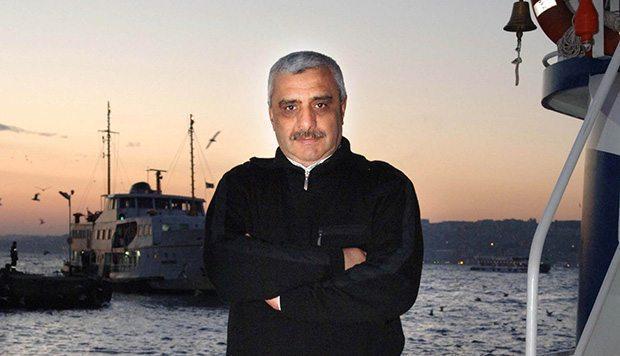
‘GOING THROUGH A MATERIALISTIC PROCESS’
Popular sociologist and theologian Ali Bulaç is convinced that religion faces a grave global threat from materialism and consumption.
“I do not believe that there is a noteworthy orientation toward atheism in Turkey,” Bulaç said.
“But I can say we are going through a materialistic phase that facilitates the orientation towards atheism. The materialism at hand is a cultural perception devoid of a philosophical background, feeding on lifestyles. The global consumption culture that feeds atheism is one that places bodily pleasures and fast pace, lust and yearning at the center of life. Turkey also has entered this whirlpool of consumption. The AKP government has turned market capitalism into the lifestyle of the devout, hollowing out religion and piousness,” he added.
“It is not only the secularists who are rapidly becoming materialistic, but also the devout conservatives as well. This materialistic process can lead to deism and be the gateway to atheism. What follows is nihilism, which Habernas brings attention to in the West. The misconduct of religious governments may lead to an atheist reaction that is not an internalized atheism with a philosophical base. Because of this, I believe that realized materialism is a bigger threat than philosophical atheism,” Bulaç also said.
‘WHEN IN DISTRESS EVERYONE, CALLS OUT ALLAH’
Politician Mustafa Kamalak, the head of the Islamic conservative Saadet Party, said “Atheists are also Muslims.”
“A verse in the Quran contains the statement: ‘Do not approach prayer.’ Individually examined, you deduce the meaning that you should not pray. But this statement is preceded by the phrase ‘if you are intoxicated.’ So the actual statement is, ‘if you are intoxicated, do not approach prayer.’ Both the drunkards and the atheists of this great nation are Muslims. Muhammad says that every child is born a Muslim and goes onto adopt other beliefs as Zoroastrianism, Christianity, atheist and such, depending on the tendencies of their parents. Does the core of Islam within this person ever diminish? Theologians should answer this question,” Kamalak said.
“After I said, ‘Our atheists are Muslim too,’ atheists were approached and their ironic reply was ‘Alhamdulillah.’ Still, when in distress they call out ‘Allah’ and eat food with their right hand. The people governing us should have a uniting attitude, rather than one that differentiates between people based on their beliefs. We should adopt an attitude that is uniting and reconciling, so I say ‘Greetings to our atheists and drunks too!’”






